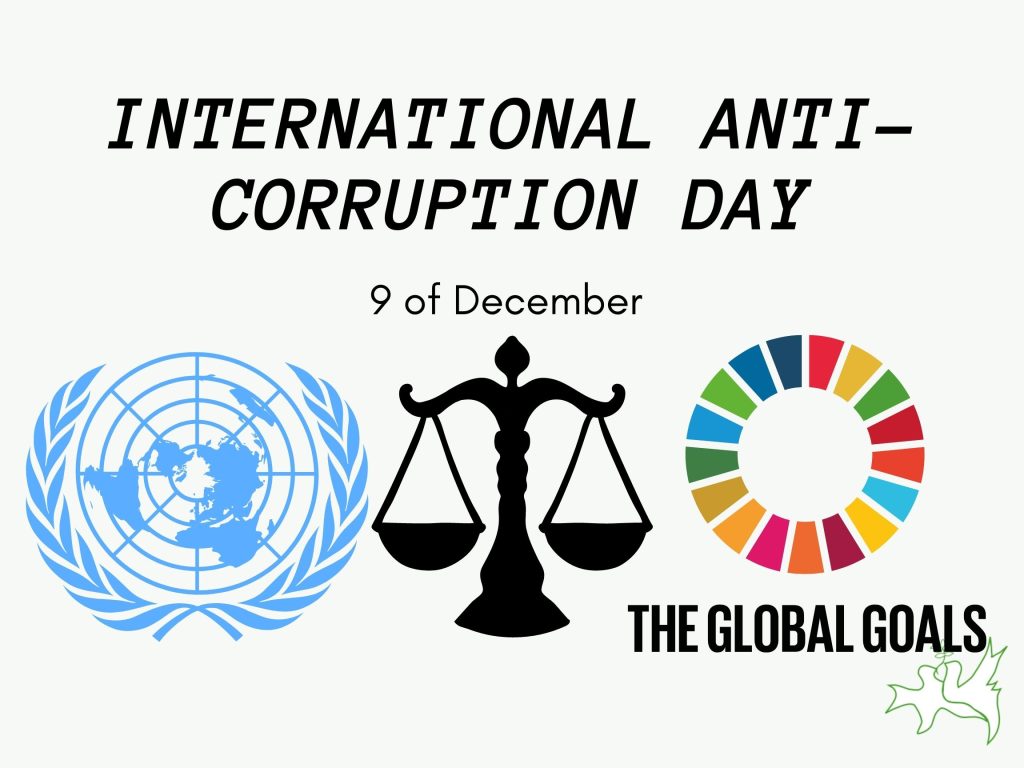The United Nations General Assembly established International Anti-Corruption Day in 2003 through Resolution A/RES/58/4, a global observance dedicated to promoting awareness of corruption and encouraging preventive action.
On this day, the world is once again called upon to unite in the fight against this pervasive issue. Corruption, in its most basic form, is the abuse of entrusted power for private gain; it can take many forms, such as bribery, extortion, embezzlement, and fraud.
The economic, social, and political ramifications of corruption are extensive, impeding progress and sustaining inequality. It can destabilise governments and undermine the rule of law, divert resources from vital public services like healthcare, education, and infrastructure, exacerbate poverty and inequality because corrupt officials frequently benefit at the expense of the poor, and cause resource depletion and environmental degradation.
Corruption is a silent thief that drains resources and undermines development, and it still plagues societies around the world.

However, individuals, organisations, and governments can help fight corruption by increasing awareness of the dangers of corruption and its impact on society, demanding transparency in government and corporate practices, paying to or volunteering with organisations dedicated to fighting corruption, speaking out against corruption and reporting corrupt activities to the appropriate authorities, and supporting laws and regulations that deter corruption and punish offenders.
International Anti-Corruption Day aims to highlight the pervasive nature of corruption and its harmful effects, encourage governments and organisations to adopt transparent and accountable practices, foster collaboration between countries to combat corruption and encourage citizens to report corruption and participate in anti-corruption efforts.
Demanding transparency in government and corporate practices, promoting accountability for public officials, supporting robust legal frameworks that deter corruption and punish offenders, encouraging citizens to report corruption and participate in anti-corruption initiatives, cooperating with other nations to exchange best practices and coordinate efforts to combat corruption, and volunteering or making donations to organisations dedicated to fighting corruption are all necessary to combat this global threat.
International Anti-Corruption Day is a potent reminder of the global commitment to fight corruption. We can strive towards a future free of corruption by increasing awareness, encouraging transparency, and empowering citizens. To create a more just and equitable world, governments, organisations, and individuals must continue to work together and implement effective anti-corruption measures.


